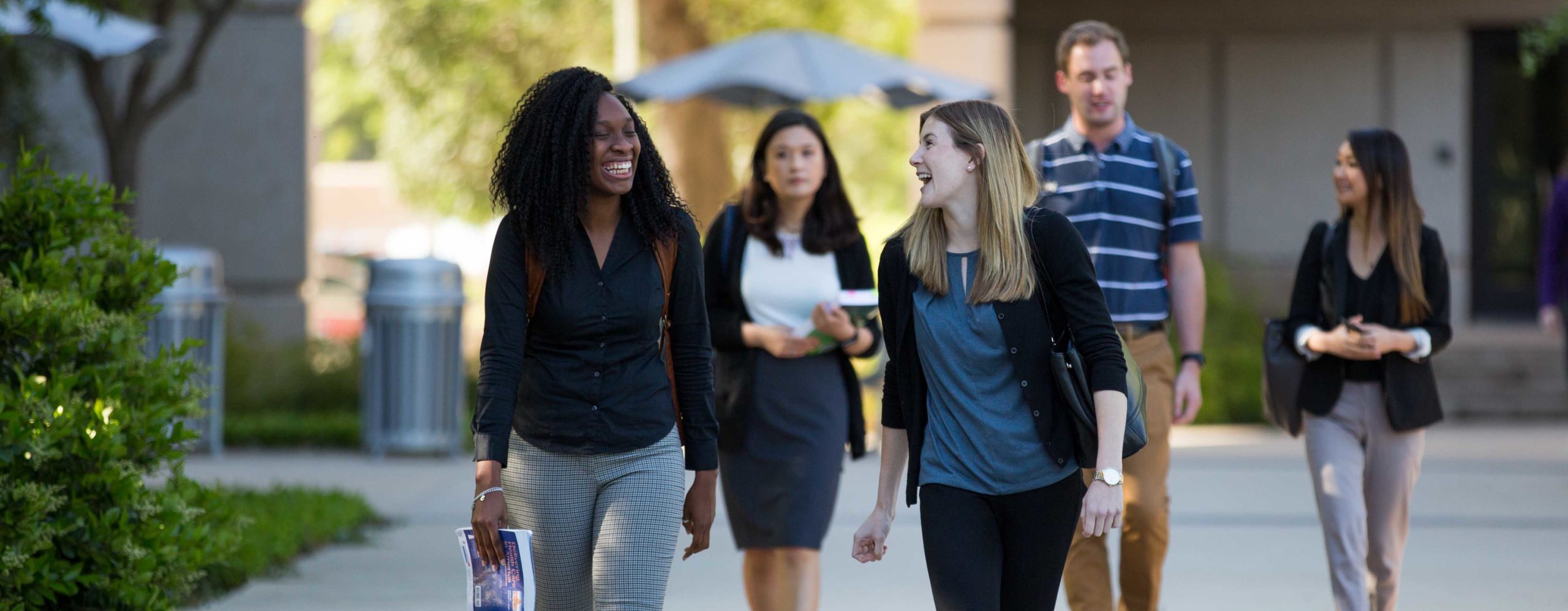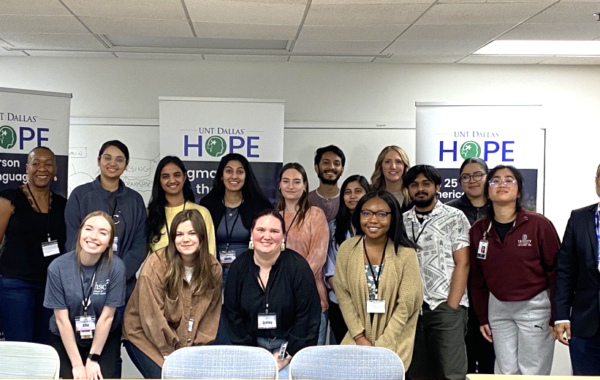Best Community Wellness Programs Provided at Public Health Colleges
Best Community Wellness Programs Provided at Public Health Colleges
Blog Article
Best Public Health Applications Provided at Community Wellness Colleges
Community wellness colleges play a critical position in surrounding the future of worldwide wellness by equipping a brand new technology of specialists with the knowledge and abilities to tackle demanding health challenges. The ripple effect of their contributions can be seen in the development of world wide healthcare techniques and the implementation of impactful solutions in communities worldwide. public health colleges are developing global health and fostering sustainable progress.

Making Skilled Public Wellness Experts
Public health schools offer as hubs for developing qualified specialists important in approaching world wide wellness challenges. Through demanding academic applications, they prepare students to work in varied functions such as epidemiologists, biostatisticians, health policy analysts, and international wellness advocates.
The curriculum often stresses useful knowledge, providing students possibilities to participate in real-world health initiatives. This method assures that graduates possess not merely theoretical knowledge but in addition the hands-on expertise expected to address crises such as for instance infectious illness outbreaks, maternal and child wellness disparities, and serious illness management.
A written report suggests that individuals with sophisticated public health degrees contribute to lowering child mortality costs by 2-5% annually in low-income regions.
Operating Research and Innovation
Community health schools are critical players in developing health-focused research and innovation. They frequently conduct studies on pushing concerns like disease avoidance, intellectual wellness, environmental health risks, and vaccine development. This study gives useful information that courses evidence-based plans and programs, right impacting worldwide health outcomes.
For example, data-sharing initiatives engineered at these institutions have served identify patterns in illness transmission, resulting in quicker answers to pandemics. Universities also collaborate with governments and NGOs to show study conclusions in to actionable, community-level health improvements.
Research components from community health institutions have reduced world wide malaria likelihood by 27% within the last decade, creating safer populations in malaria-prone regions.
Strengthening Worldwide Health Techniques
Collaboration is in the middle of public health. Applications in public areas health schools emphasize the importance of interdisciplinary teamwork in approaching healthcare disparities. Graduates usually spouse with international companies to strengthen wellness programs in underfunded regions. They aid in education healthcare individuals, optimizing healthcare supply, and employing AI- and data-driven solutions for better wellness planning.
These initiatives improve the resilience and volume of fragile health methods to endure potential threats, creating a sustainable construction for increased global health.
Making Partnerships for Modify

Public wellness schools realize the power of relationships in tackling international health disparities. By forging contacts with worldwide institutions, nonprofits, and community agencies, they foster mutually beneficial relationships. These alliances allow the pooling of assets and the co-creation of programs to reduce inequality in healthcare accessibility worldwide.
The Path Forward
Community health schools stay essential in improving worldwide health through competent specialists, cutting-edge research, and cross-sector partnerships. Their initiatives continue to graph a way toward a future wherever equitable healthcare is no aspiration but a fact for all.
Report this page